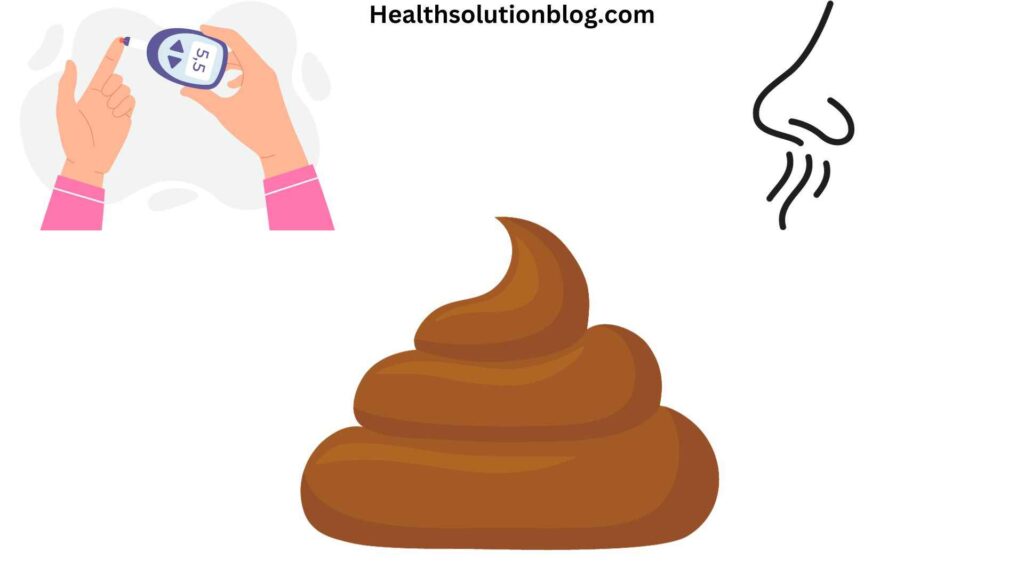
Unexpected changes in stool odor can be worrisome, especially for individuals managing diabetes. The question, “What does diabetic poop smell like?” pops up surprisingly often, highlighting a gap in understanding how gut health and blood sugar levels link.
Here’s the good news: decoding the scents of diabetic poop can be a powerful tool for early detection and managing your overall health. While unexpected aromas can be disconcerting, they often offer valuable clues about your gut health and potentially, your blood sugar control.
This article discloses the mystery of diabetic poop and its diverse spectrum of smells. We’ll explore the science behind these changes, what they might indicate, and actionable steps to keep your gut and your nose happy. Ditch the confusion and flush away worry—let’s embark on this informative journey and make your bathroom a haven of digestive harmony!
2. Unmasking the Gut Clue: Explaining the Smells of Diabetic Poop
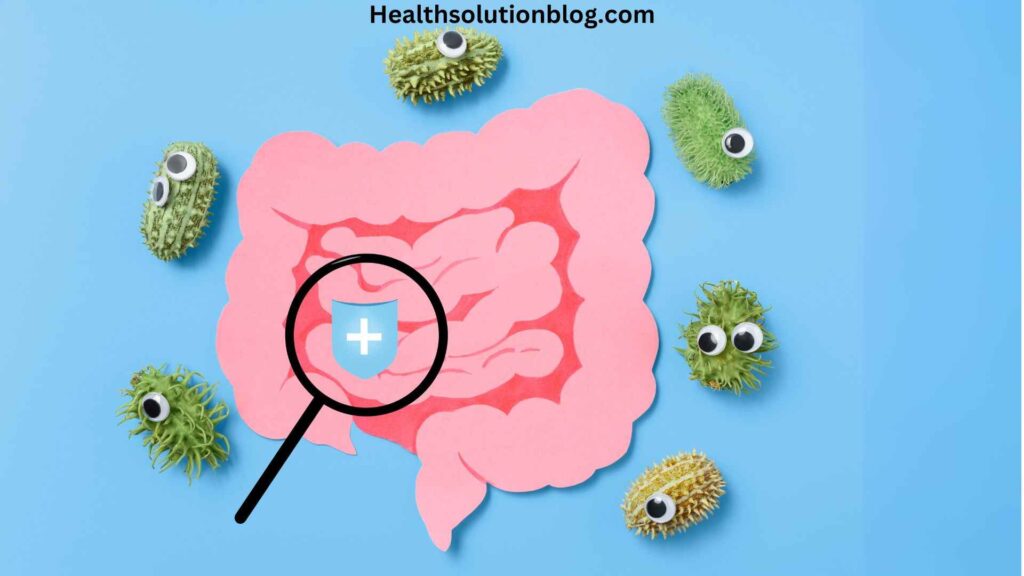
2.1 Beyond Flush and Fiction: Why Diabetic Poop Smells Different
Your gut is an active microbial city, and when blood sugar levels rise, it’s like throwing a sugar rush into the streets. This can lead to some unexpected changes in the aroma of your throne deposits, ranging from:
- 2.1.1 Sweet & Fruity: This can be a warning sign of uncontrolled blood sugar, potentially indicating a serious complication called ketoacidosis. Seek immediate medical attention if you experience this alongside other symptoms like nausea, vomiting, or excessive thirst.
- 2.1.2 Sour & Foul Fermentation: Unmanaged diabetes can disrupt the balance of your gut bacteria, leading to unpleasant sour or foul smells. While not as urgent as fruity scents, consult your doctor for diagnosis and management to avoid long-term gut health issues.
- 2.1.3 No Change: A normal-smelling stool isn’t always a guarantee of perfect blood sugar control, but it’s usually not a cause for concern unless accompanied by other symptoms.
Remember, unexpected changes in stool odor, especially sweet or foul, are worth discussing with your doctor. They can help you navigate your gut health and ensure your poop plays nice with your nose!
2.2 Fruity Fowl Play: When Sweet Scents Hint at Serious Risks
Don’t be fooled by a deceptive fruity aroma; it could be a red flag for ketoacidosis, a potentially life-threatening condition caused by uncontrolled blood sugar. Watch out for these accompanying symptoms:
- 2.2.1 Excessive thirst and urination: Your body tries to flush out excess sugar through urine, leaving you feeling parched.
- 2.2.2 Nausea and vomiting: High blood sugar disrupts your digestive system, leading to stomach upset.
- 2.2.3 Rapid, shallow breathing: Your body tries to compensate for the lack of insulin by using fat for energy, creating a build-up of ketones, leading to this symptom.
- 2.2.4 Confusion and fatigue: Ketoacidosis can affect your brain function, causing dizziness and mental fog.
If you experience any of these symptoms along with a sweet-smelling stool, seek immediate medical attention. Early diagnosis and treatment can prevent life-threatening complications.
2.3 Unpleasant Odors Signaling Unmanaged Diabetes
A persistent foul or sour odor can be a sign of an unmanaged gut ecosystem impacted by high blood sugar. While not as urgent as ketoacidosis, it’s crucial to address them with your doctor to avoid long-term consequences:
- 2.3.1 Digestive Discomfort: Unbalanced gut bacteria can lead to gas, bloating, and constipation or diarrhea.
- 2.3.2 Nutrient Absorption Issues: Your gut plays a vital role in nutrient absorption. Chronic gut imbalances can lead to deficiencies in essential vitamins and minerals.
- 2.3.3 Increased Risk of Chronic Diseases: Unmanaged gut health is linked to increased risk of conditions like inflammatory bowel disease and even some cancers.
3. The Science Behind the Stink: How High Blood Sugar Disrupts the Gut microbes
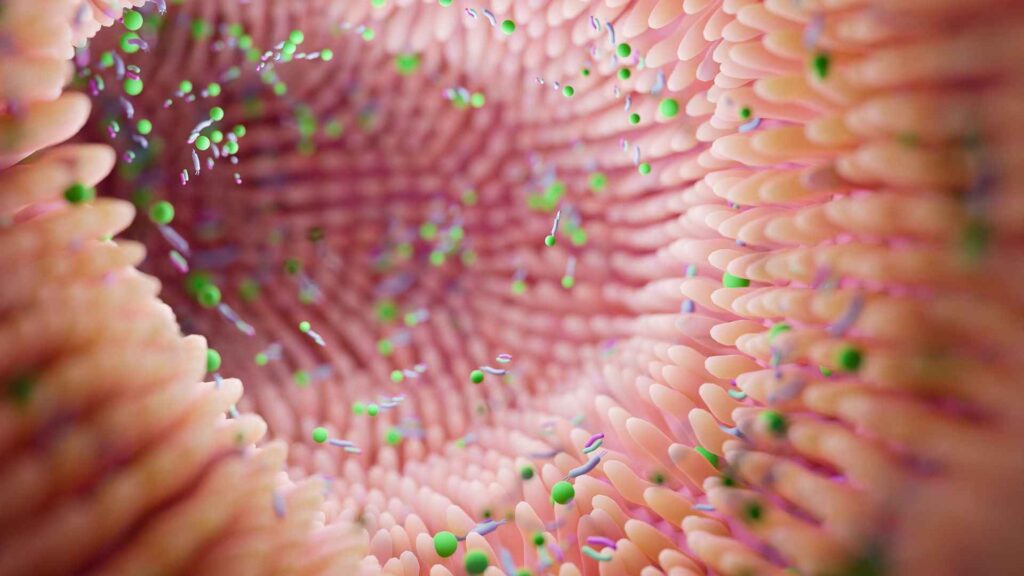
Now that we’ve explored the diverse scents of diabetic poop, let’s dive deeper into the science behind why high blood sugar throws your gut bacteria into turmoil, leading to these unexpected aromas.
3.1 Gut Bacteria Gone Crazy: How Diabetes Upsets Your Digestive Ecosystem
Imagine your gut as a bustling marketplace, buzzing with different bacterial residents. When blood sugar levels soar, it’s like throwing a sugar rush into this marketplace. Suddenly, the “sugar-loving” bacteria throw a big party, multiplying rapidly and outcompeting their “healthy” neighbors. This imbalance disrupts the delicate ecosystem, leading to changes in digestion and, yes, those funky smells.
3.2 The Fermentation Fury: Uncontrolled Sugar Leads to Fruity Fermentation (Keto)
Remember the sweet and fruity scent we discussed? Think of it as the hangover from that sugar-loving bacteria party. When they gorge on excess sugar, they produce a byproduct called “ketones,” which have a distinct fruity aroma. In controlled amounts, ketones are harmless. But in uncontrolled diabetes, these can build up to dangerous levels, leading to the life-threatening condition ketoacidosis.
3.3 Beyond Diabetes: Differentiating Between Diabetic and Other Unusual Stool Odors
While high blood sugar plays a significant role in stool odor changes, it’s not the only culprit. Don’t jump to conclusions just yet! Here are some other culprits that can mimic diabetic poop smells:
3.3.1 Indigestion’s Foul Fumes: Foods & Conditions Mimicking Diabetic Smells
Certain foods, like spoiled eggs or spicy dishes, can cause temporary foul odors. Similarly, digestive problems like indigestion or irritable bowel syndrome (IBS) can lead to unpleasant scents due to incomplete digestion.
3.3.2 Infection’s Sticky Odors: Bacterial & Fungal Gut Issues Influencing Poop Scent
Bacterial or fungal infections in your gut can also cause foul odors. These smells are often different from those experienced in diabetes, accompanied by additional symptoms like abdominal pain, diarrhea, or fever.
The key takeaway? While unusual stool odors can be worrisome, don’t panic and self-diagnose. Pay attention to other symptoms, and always consult your doctor for proper diagnosis and management. By understanding the science behind the smell, you can better navigate your gut health and keep your poop (and nose) happy!
4. Decoding the Poop Puzzle: When Should You Be Concerned About Smelly Poop?

Now that we’ve investigated the science behind the stink, let’s decode the poop puzzle and answer the all-important question: when should you be concerned about unusual stool odors? Remember, while some funky smells are temporary and nothing to worry about, others can be red flags pointing toward underlying health issues, especially in individuals with diabetes.
4.1 Red Flags That Wave: Persistent Odor Changes & Other Diabetes Symptoms
Here’s where to pay close attention:
- Persistent changes: If your stool takes on a new, unpleasant odor that remains for more than a few days, especially if it’s sweet or foul, it’s worth a doctor’s visit.
- Accompanying symptoms: Watch out for additional symptoms like excessive thirst, frequent urination, nausea, vomiting, rapid breathing, or fatigue. This combination can suggest ketoacidosis, a serious complication of uncontrolled diabetes.
- Sudden changes: A sudden change in stool odor, especially if accompanied by blood or mucus, warrants immediate medical attention.
4.2 Sweet Doesn’t Always Mean Sweet: Recognizing Ketoacidosis Warnings
A fruity aroma might seem pleasant, but in the context of diabetes, it can be a major red flag. Remember from the previous section how uncontrolled blood sugar leads to fruity-smelling ketones? This sweet stink can be a warning sign of ketoacidosis, a life-threatening condition requiring immediate medical intervention. Don’t ignore this sweet scent in combination with other diabetes symptoms as mentioned above.
4.3 Don’t Panic, But Pay Attention
While unexpected poop smells can be disconcerting, remember, panic is not helpful. Instead, focus on paying attention and taking action:
- Consult your doctor promptly: If you experience any of the red flags discussed, especially persistent changes, sweetness without explanation, or accompanying symptoms, seek medical attention promptly. Early diagnosis and management can prevent serious complications.
- Keep a journal: Track your stool odor changes, other symptoms, and any potential dietary or lifestyle triggers. This information can be valuable for your doctor to diagnose and manage your gut health issues.
- Listen to your body: Trust your gut instincts (literally!). If something feels off, don’t hesitate to seek expert advice.
Remember, open communication with your doctor is key to navigating any concerns about your gut health and overall well-being. By decoding the poop puzzle and taking proactive steps, you can maintain a healthy gut and a happy nose!
5. Taking Control of Your Gut: Managing Diabetic Poop Smell & Overall Health

Now that we’ve identified the red flags and decoded the poop puzzle, let’s shift gears to positive action! By taking control of your gut health, you can not only manage unpleasant odors but also pave the way for a healthier, happier you. Remember, your gut is the gateway to your overall well-being, and prioritizing its health has a ripple effect on your entire body.
5.1 Blood Sugar Balancing Act: The Key to a Happy Gut & Odor Relief
The foundation of good gut health rests on balanced blood sugar. When blood sugar levels remain within optimal ranges, the gut ecosystem prospers, leading to normal digestion and, yes, less offensive aromas. This means actively managing your diabetes is crucial. Adhere to your medication routine, follow your doctor’s dietary recommendations, and prioritize regular physical activity. These steps work together to keep your blood sugar in check and your gut happy.
5.1.1 Medication Matters: How Diabetes Meds Can Affect Stool Odor (briefly mention)
It’s important to note that certain diabetes medications can sometimes alter stool odor. While this is typically nothing to worry about, always communicate any new or persistent changes to your doctor to rule out any underlying issues.
5.2 Food Choices for a Fresh Feeling: Dietary Tips for a Smelly-Poop-Free Life (specific advice)
Food fuels your body and your gut bacteria. Choosing the right foods can be a powerful tool for odor control and overall gut health. Here are some practical tips:
5.2.1 Fiber Fiesta: Adding Bulk to Flush Out Odors & Improve Gut Health
Fiber acts like a magic broom in your gut, sweeping away excess waste and preventing odor buildup. Aim for 25-35 grams of fiber daily from sources like fruits, vegetables, whole grains, and legumes.
5.2.2 Sugar Understanding: Choosing Smart Carbs to Keep Sweet Scents at Bay
Remember the fruity fermentation frenzy from earlier? Limiting refined sugars and simple carbohydrates helps prevent overfeeding your “sugar-loving” gut bacteria, minimizing the production of those unwanted fruity odors. Opt for complex carbs like whole grains and starchy vegetables for slow and sustained energy release.
5.2.3 Drinking Enough Water for Smooth Digestion & Fresh Poop
Water is like a lubricant for your digestive system. Proper hydration ensures smooth passage of food through your gut, preventing constipation and its associated foul odors. Aim for eight-ounce glasses of water daily, adjusting based on your activity level and climate.
Eight glasses of water per day may be more than enough for some people, but it may be too little for others. So keep the activities in mind.
Remember, adopting these dietary tips alongside effective diabetes management is key to keeping your gut happy and your nose content. Experiment and find what works best for you, and don’t hesitate to consult a registered dietitian for personalized guidance.
6. Beyond the Bathroom: Maintaining Gut Health for Whole-Body Wellness
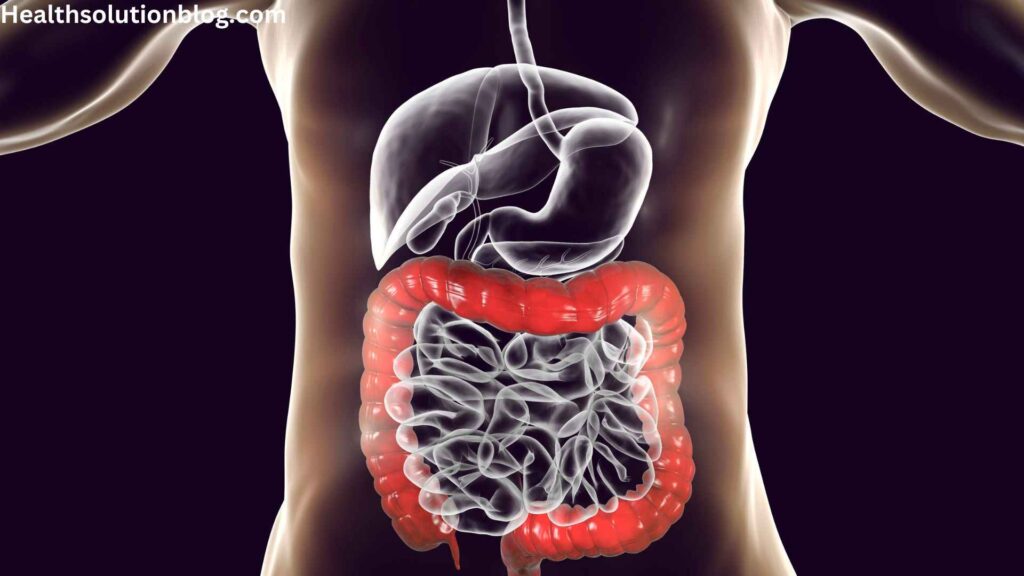
So, we’ve conquered the porcelain throne and empowered ourselves with strategies for managing diabetic poop smells. But the journey to happy gut health doesn’t end at the bathroom door! Remember, your gut is complicatedly linked to your overall well-being, and nurturing it extends far beyond dietary choices. Let’s explore some additional lifestyle factors that can keep your gut singing and your poop problem-free:
6.1 Move It or Lose It: How Exercise Benefits Your Gut and Poop Smell
Movement isn’t just for carved muscles; it’s a gut party starter! Physical activity stimulates your digestive system, keeping things moving smoothly and preventing unpleasant odor build-up. Aim for at least 150 minutes of moderate-intensity exercise per week, like brisk walking, swimming, or biking. Your gut and your nose will thank you!
6.2 Sleep for a Sweeter Scent: The Gut-Brain Connection & Your Stool Odor
Did you know that a good night’s sleep can also translate to a fresher-smelling throne? Your gut and brain are in constant communication, and poor sleep can disrupt your gut bacteria balance, leading to unwanted aromas. Prioritize 7-8 hours of quality sleep each night to keep your gut and your olfactory senses happy. Remember, a holistic approach to wellness is key!
6.3 Probiotics & Prebiotics: The Gut Dream Team Supporting Digestive Balance
While not a magic bullet, incorporating probiotics (live bacteria) and prebiotics (food for gut bacteria) in your diet can offer additional support for digestive balance. Consider yogurt, kefir, kimchi, and kombucha for probiotic sources, and include fiber-rich fruits, vegetables, and whole grains for prebiotic power.
7. Unmasking the Myth: What Other Factors Can Affect Diabetic Poop Smell?
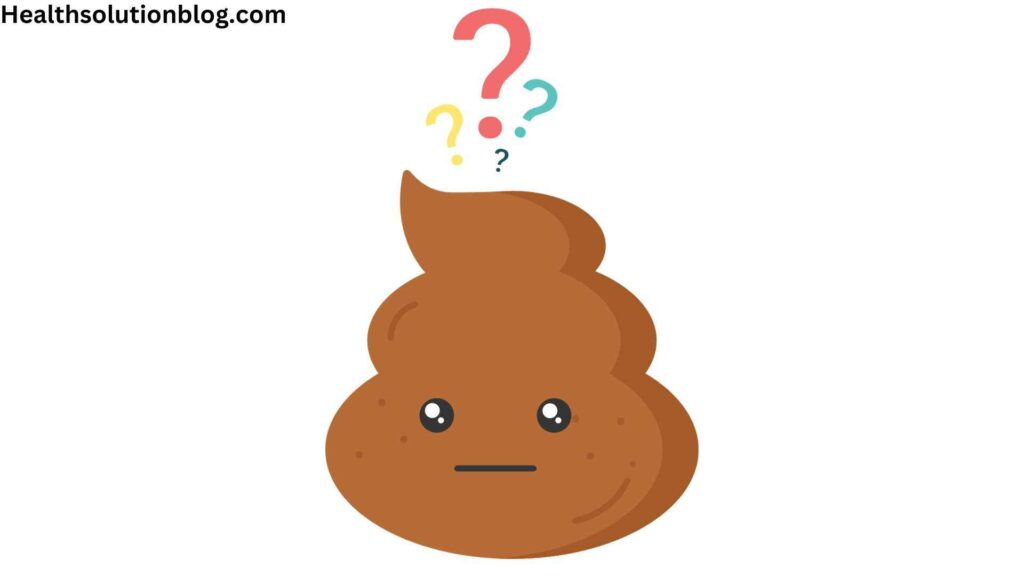
While we’ve unraveled the science behind diabetic poop smells and empowered ourselves with management strategies, the story doesn’t end there. Remember, our bodies are complex ecosystems, and other factors beyond diabetes can influence your throne’s aroma. Let’s explore some lesser-known influences:
7.1 Age & Gender: How Natural Changes Influence Stool Odor in Diabetics
As we age, our digestive systems naturally slow down, and hormonal changes in women, especially during menopause, can also affect gut bacteria balance. These factors, combined with diabetes, can lead to altered stool odor in some individuals. Remember, open communication with your doctor is crucial to differentiate between natural age-related changes and potential underlying issues.
7.2 Stress & Mental Health: The Mind-Gut Connection & Its Impact on Poop Smell
The mind-gut connection is real! Chronic stress and mental health conditions like anxiety can disrupt your gut bacteria balance, contributing to unpleasant stool odor. Managing stress through relaxation techniques, regular exercise, and potentially, seeking professional help if needed, can not only improve your mental well-being but also benefit your gut health and its aroma.
7.3 Smoking & Other Vices: Habits That Can Worsen Diabetic Stool Odor
Smoking and excessive alcohol consumption can wreak havoc on your gut bacteria, further aggravating unpleasant stool odor in individuals with diabetes. Quitting smoking and moderating alcohol intake are crucial steps to improve your overall health, including your gut health and poop’s olfactory appeal.
Remember, these factors can interact and influence each other in complex ways. While some individuals might experience minimal impact, others might require personalized management strategies. Consult your doctor if you have concerns about how these factors might be affecting your specific situation.
By unmasking these additional influences, we gain a deeper understanding of the intricate landscape of gut health and its impact on diabetic poop smell. This knowledge empowers us to make informed choices and seek targeted interventions for maintaining a happy gut and a pleasant porcelain throne experience.
8. Harnessing the “Poop Power”: Early Detection & Personalized Management

While discussing poop may not be everyone’s cup of tea, its aroma can hold valuable clues to your gut health and, in the case of diabetes, even offer early warning signs. Embrace the “Poop Power” and learn how to utilize this unconventional tool for proactive detection and personalized management.
8.1 Listen to Your Gut, Trust Your Nose: Early Warning Signs & Self-Monitoring
While not a substitute for medical advice, understanding delicate poop-odor shifts can empower you to be an active participant in your health journey. Consider these potential red flags:
- Persistent Sweet & Fruity Scents: A persistent fruity aroma, especially when coupled with excessive thirst, nausea, or rapid breathing, can be an early indicator of Diabetic ketoacidosis (DKA), a life-threatening condition. Seek immediate medical attention if you experience these symptoms.
- Foul & Sour Aromas: While not as urgent as fruity scents, these persistent odors point towards an unbalanced gut microbiome. This may require dietary adjustments or additional diabetes management strategies in consultation with your doctor.
- Sudden Changes: Be mindful of any abrupt changes in stool odor, especially if accompanied by blood or mucus. These can indicate infections or other underlying issues requiring prompt medical evaluation.
Remember, self-monitoring is key! Track any notable changes in odor, timing, consistency, and other symptoms in a journal. This information can empower you and provide valuable insights for your doctor to diagnose and manage any potential gut health issues related to your diabetes.
8.2 Don’t Be Shy, Partner with Your Doctor: Open Communication for a Healthy & Happy You
We understand discussing poop can be awkward, but when it comes to your health, ditch the shyness! Open communication with your doctor is crucial for accurate diagnosis and effective management of any gut health concerns related to your diabetes. Don’t hesitate to discuss:
- Changes in stool odor: Be specific about the nature of the change, its duration, intensity, and any accompanying symptoms.
- Dietary changes: Inform your doctor about any recent dietary modifications that might be influencing your gut health.
- Concerns and questions: Don’t be afraid to ask! Your doctor is there to guide you and provide personalized advice for optimal gut health and diabetes management.
By embracing the “Poop Power” and fostering open communication with your doctor, you can transform your throne into a source of valuable information and empowerment. Remember, a healthy gut is a happy gut (and nose!), paving the way for a healthier, happier you!
Summary/Conclusion:
Let’s face it, talking about poop isn’t exactly polite conversation. But what if your throne deposits held the key to unlocking your gut health, and for people with diabetes, even a warning sign for serious complications?
This article dives into the sometimes-unpleasant world of diabetic poop smells, not just to make you squirm, but to empower you. We’ll explore the science behind how high blood sugar throws your gut bacteria into a frenzy, leading to a range of funky aromas. From the sweet and fruity (a potential red flag, by the way) to the foul and sour, we’ll teach you to decode these scents and understand what they’re trying to tell you.
But this isn’t just about smelling bad. We’ll also equip you with practical strategies to take control of your gut health and minimize those unwanted odors. Learn how blood sugar management, dietary choices like fiber-rich feasts, and even sleep can influence your throne’s aroma. We’ll offer actionable tips and bust common myths, all to help you navigate the world of diabetic poop with confidence and, dare we say, a little bit of humor.
So, are you ready to unlock the secrets of your gut? Are you curious about the link between diabetes and those curious scents? Dive into this article and discover the surprising power of “Poop Power”! You might just be surprised at what your bathroom bowl can tell you about your health.
FAQs: What Does Diabetic Poop Smell Like?
Q: Why does my poop smell different after I was diagnosed with diabetes?
A: High blood sugar disrupts your gut bacteria, leading to changes in digestion and, sometimes, unusual odors. Sweet and fruity might signal ketoacidosis, while foul smells can indicate an unbalanced gut.
Q: Should I be worried about my diabetic poop smell?
A: Persistent changes, especially sweet or foul scents, warrant a doctor’s visit. However, don’t panic! Some variations are normal. Keep track of changes and symptoms for accurate diagnosis.
Q: What can I do to minimize diabetic poop smells?
A: Focus on blood sugar control, add fiber-rich foods like fruits and vegetables, stay hydrated, and consider probiotics. Exercise and sleep also play a role in gut health and odor control.
Q: When should I see a doctor about my poop smell?
A: Consult your doctor for sudden changes, smells accompanied by blood or mucus, or persistent sweet scents combined with other diabetes symptoms like excessive thirst or rapid breathing.
Q: Is there anything else I can do to improve my gut health if I have diabetes?
A: Manage stress through relaxation techniques, avoid smoking and excessive alcohol, and consider working with a registered dietitian for personalized dietary guidance.
Sources:
https://diabetes.org/about-diabetes/complications/ketoacidosis-dka/dka-ketoacidosis-ketones
https://www.healthline.com/nutrition/8-glasses-of-water-per-day#TOC_TITLE_HDR_6





